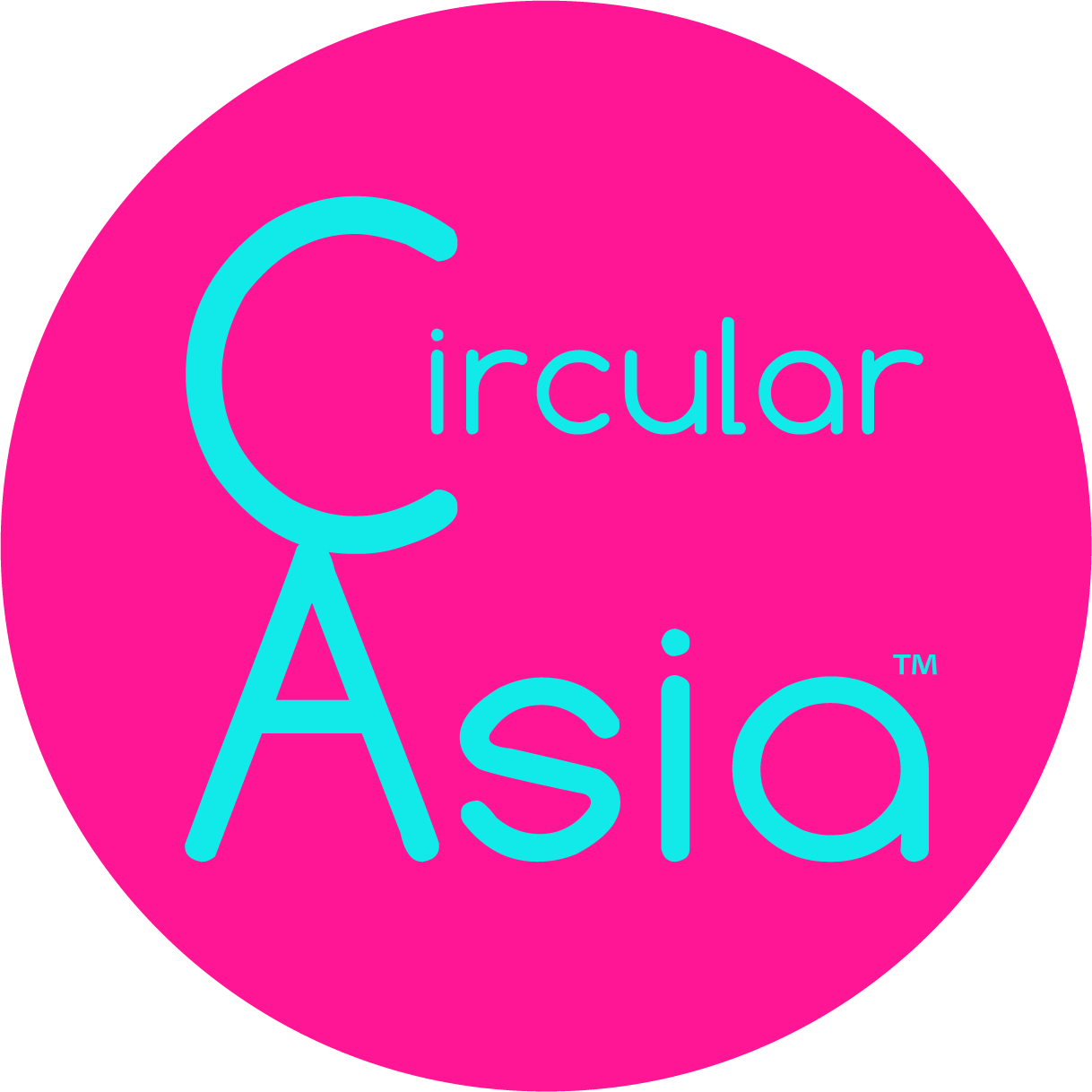Blue Economy
What is the Blue Economy? According to the World Bank, the blue economy is the “sustainable use of ocean resources for economic growth, improved livelihoods, and jobs while preserving the health of ocean ecosystem.”
The European Commission defines it as “All economic activities related to oceans, seas and coasts. It covers a wide range of interlinked established and emerging sectors.”
The Commonwealth of Nations considers it “an emerging concept which encourages better stewardship of our ocean or ‘blue’ resources.” Conservation International adds that “blue economy also includes economic benefits that may not be marketed, such as carbon storage, coastal protection, cultural values and biodiversity.”
The Center for the Blue Economy says “it is now a widely used term around the world with three related but distinct meanings- the overall contribution of the oceans to economies, the need to address the environmental and ecological sustainability of the oceans, and the ocean economy as a growth opportunity for both developed and developing countries.”
The World Wildlife Fund begins its report Principles for a Sustainable Blue Economy with two senses given to this term: “For some, blue economy means the use of the sea and its resources for sustainable economic development. For others, it simply refers to any economic activity in the maritime sector, whether sustainable or not.” (Source: Wikipedia)
Knowledge Centre
This section includes a small selection of reports.
References:
- Blue Economy: Freepik from Flaticon
- Knowledge Centre: Freepik from Flaticon
- Information: CleanPNG
- Links: Icon Finder
- Video: Freepik






